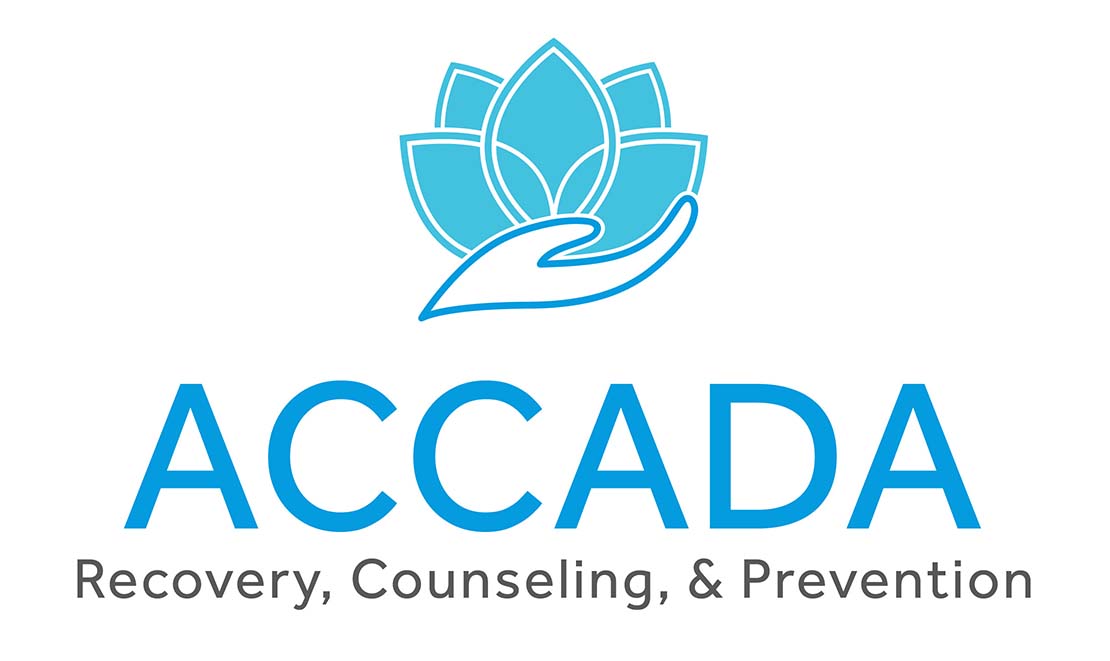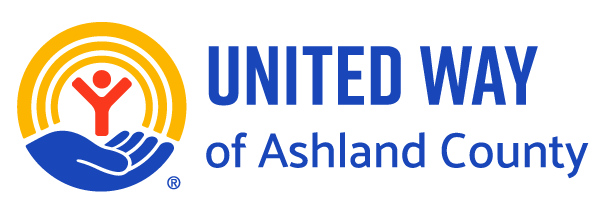The Ashland County Quick Response Team

Drug addiction and opioid overdoses can happen to anyone in our community, regardless of socioeconomic status. Oftentimes addiction begins innocently with pain management or recovery from surgery. A physician who genuinely wants to help a person experience less pain will prescribe opioids.
But these drugs are potent, and some people’s brains quickly develop debilitating addictions to them, changing their brain chemistry and making them dependent. That dependency significantly increases their risk of accidental or intentional death by suicide. In fact, adults who have an opioid use disorder are 13 times more likely to die by suicide.
According to the QPR Institute, the US prescribes more prescription opioids than the entire rest of the world, and in 2016 almost 12 million people over the age of 12 abused prescribed opioids.
This is a nationwide problem with serious local consequences. People’s lives are on the line. When these powerful drugs trigger an overdose, accidental or otherwise, it’s critical to follow-up with each person. Every life in our community is valuable. Together, we can take care of each other and help each other live our best lives.
Ashland’s Quick Response Team
One of the ways Ashland County does this for those affected by drug addiction and substance use disorders is through its Quick Response Team, or QRT for short. The QRT is made up of two detectives from the Ashland Police Department and two detectives from the Ashland Sheriff's Office. These individuals are officers that serve as part of the METRICH enforcement unit, a task force whose aim is to reduce the availability of illegal drugs and weapons through community partnerships.
In addition to the detectives, ACCADA's Peer Recovery Support Person is also part of the QRT. Together, these individuals do an unsolicited home visit to the survivor of an overdose situation within 48 hours of the incident. The QRT is there to care for the individual and point them in a different, better direction, by providing them with the resources and support they need to prevent future overdoses and recover.
Through this visit, the QRT hopes individuals will follow through with an assessment for treatment. Their ultimate goal is to reduce the number of overdoses in our community, provide people hope, and help all citizens take the steps they need to have better lives. These efforts have helped people recover from frightening lows, find the support they needed, and return to healthy, satisfying lives. Friends and family have gotten their loved ones back. The work of the QRT is truly life-saving.
There are ways you can help reduce the number of overdoses in Ashland County. ACCADA offers preventative education, access to recovery and support groups, and free opiate overdose reversal medication for individuals who feel it would be beneficial to have on-hand. Connect with us to learn more about QRT, Narcan, and other ways you can support intervention and recovery efforts in our community. Together, we can all make a difference.
« Back to Blog


